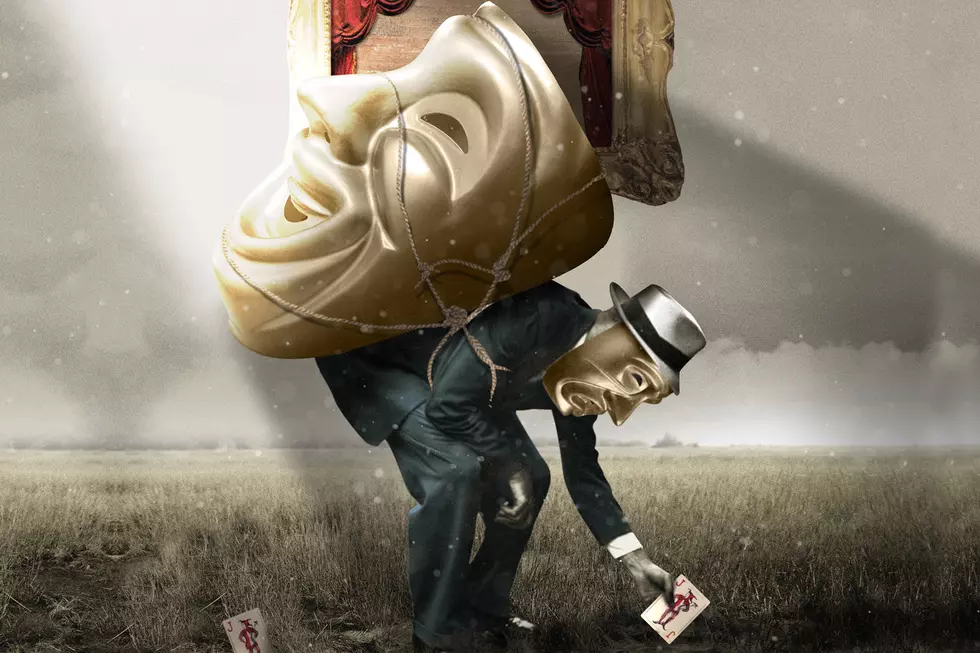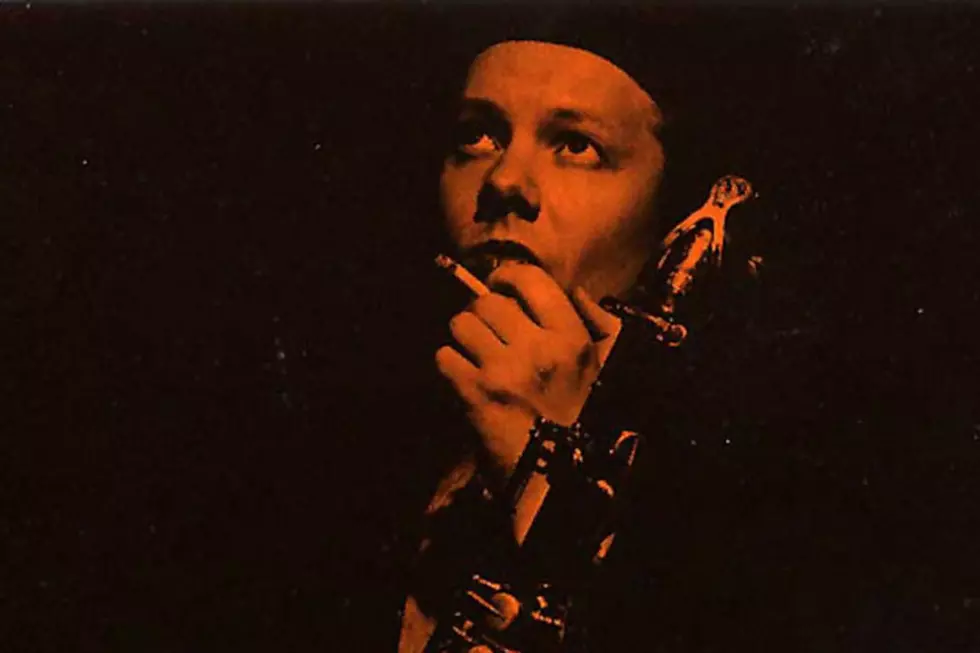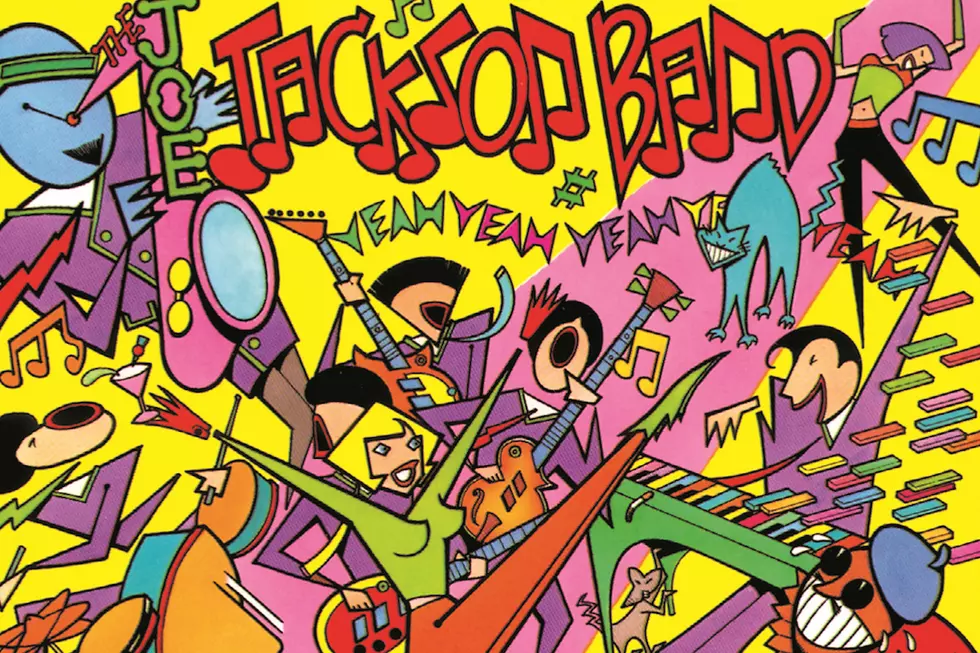35 Years Ago: ‘Joe Jackson’s ‘Jumpin’ Jive’ Looks to the ’40s
After three albums of clever songs delivered with a new wave sneer, Joe Jackson made an abrupt change in 1981. The singer-songwriter decided to make Joe Jackson's Jumpin' Jive, a record featuring covers of old swing and jump blues tunes made famous by Louis Jordan, Cab Calloway and Glenn Miller.
At the height of new wave and the dawn of the MTV era, a jazz detour wasn’t the most obvious choice. However, Jackson had become fascinated with post-war jazz as a young man. “I just had an insatiable curiosity about all kinds of music as a kid, as a teenager especially,” Jackson told the A.V. Club in 2011. “Most of it, I discovered for myself, just in whatever way I could.”
Graham Maby, the bassist in the Joe Jackson band, remembers the new direction being determined, in part, by the departure of the rock group’s drummer. “That project was triggered by Dave’s [Houghton] leaving the band,” Maby told Bass Player. “Joe was into the music of Cab Calloway and Louis Jordan, so he called our old drummer friend, Larry Tolfree, who was a Buddy Rich and big-band fanatic, and hired three horns and a keyboardist.”
The album was recorded in London in May 1981, and quickly released that June. Despite the sudden change of genre, the LP fared well commercially in Jackson’s native England and the U.S. (Nos. 14 and 42 on the album charts, respectively). The album’s only single – "Jumpin’ Jive," made popular by Calloway – was even a modest hit in Britain. Pretty good for a jazz record in 1981.
Critics, both at the time and over the years, have praised Joe Jackson’s Jumpin’ Jive for its energy and song selection, and some have called the record a forerunner to the swing revival of the ’90s. But Jackson doesn’t necessarily share that warm outlook.
“This is what I wanted to do, and I thought, ‘Right, I’m going to do it.’ I didn’t second-guess things so much,” Jackson said to the A.V. Club. “I’ve done quite a few things, especially early on in my career, that I cringe at a bit now, that I’m not necessarily proud of, but at the time, I just said, ‘It’s a case of ‘I want to do this. F--- you.'' I made too many records, and I don’t think the quality is as good as it would have been if I made less. But it’s too late to do anything about that now.”
See Joe Jackson and Other Rockers in the Top 100 Albums of the '80s
More From Ultimate Classic Rock









